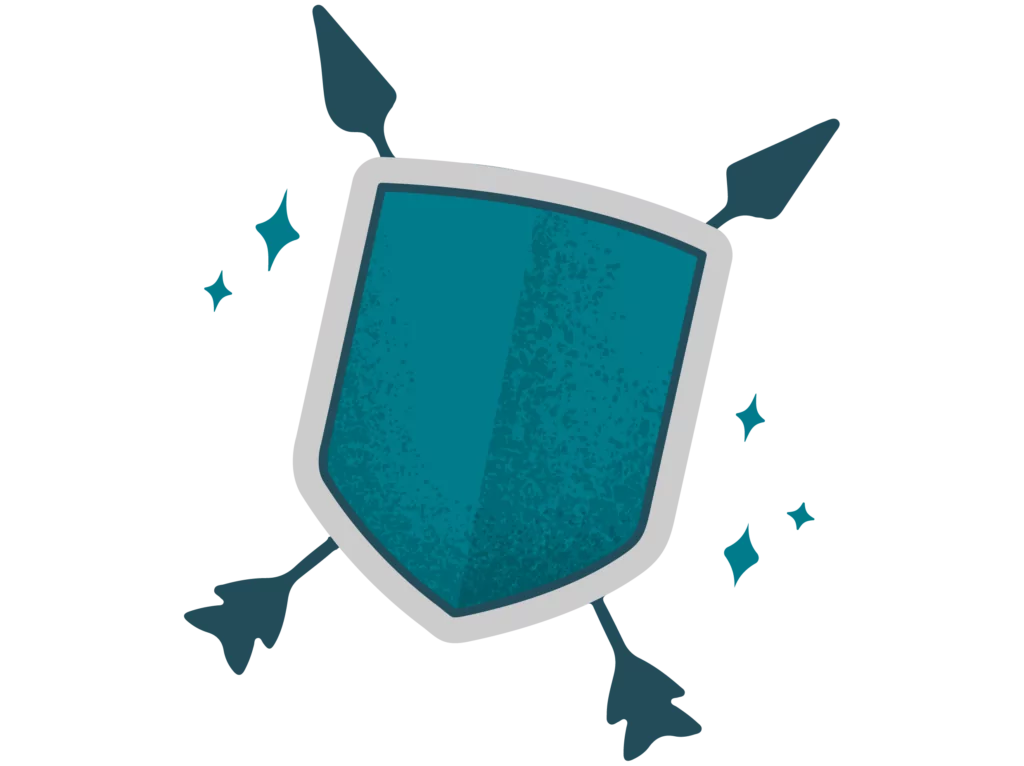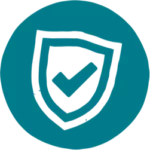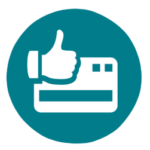Types of Scams

Stay Safe from Scams
Your security is important to us. We will never call, email or text you asking for your account number, PIN, verification codes or other sensitive information. If someone contacts you asking for this type of information, they may be a scammer.
How to respond to suspicious activity:
- End the conversation immediately.
- Do not click suspicious links.
- Report scammers posing as Horizon by calling us at 800.852.5316.
If you get a suspicious communication from someone claiming to be from Horizon, just end the conversation and call us directly instead.
How We Protect You

Cybersecurity
Learn how to protect yourself online with these actionable tips geared towards preventing fraud.

Secure Mail
We use an encrypted messaging system when sending emails that may include sensitive information.

Card Controls
Control when, where and how your card is used with just a few clicks.